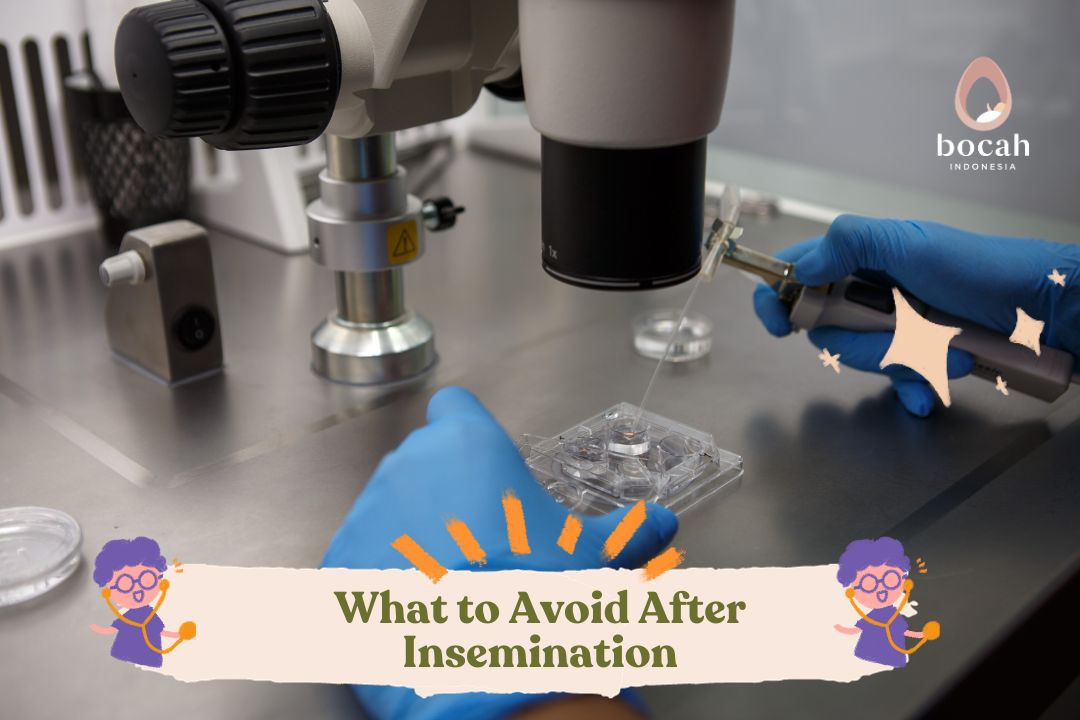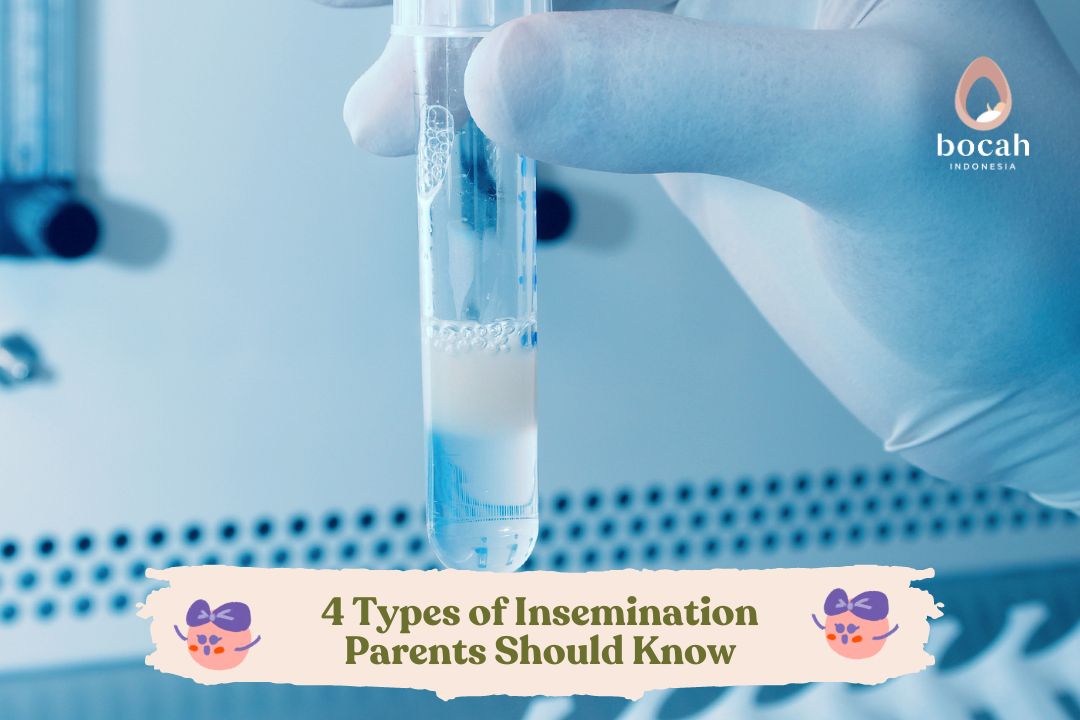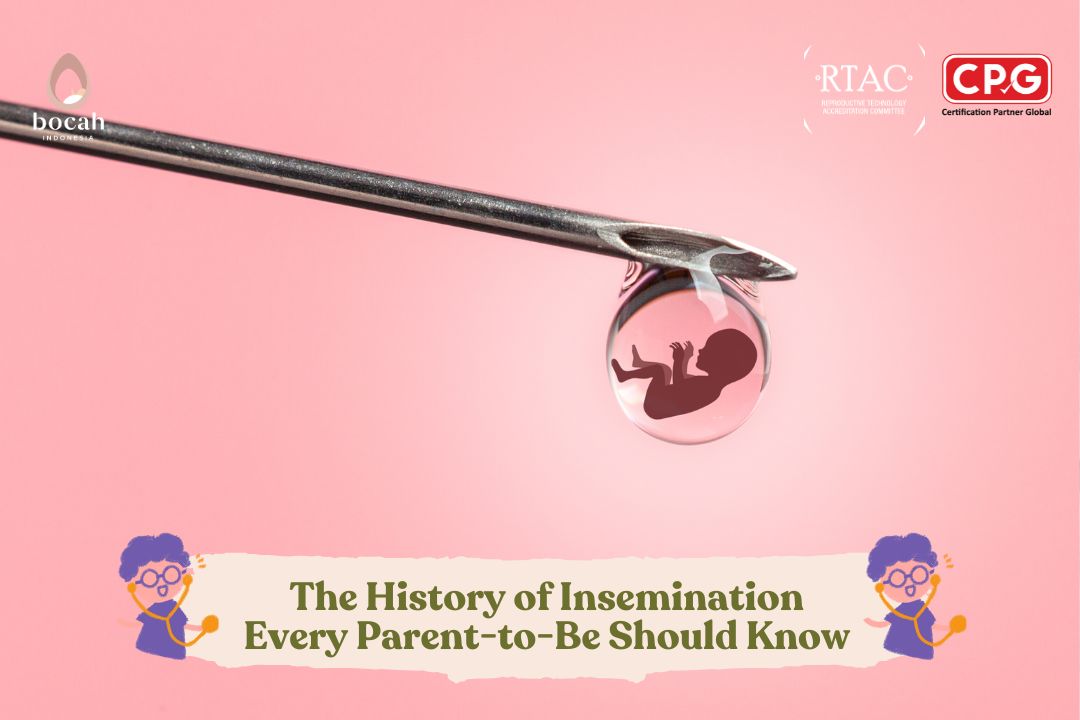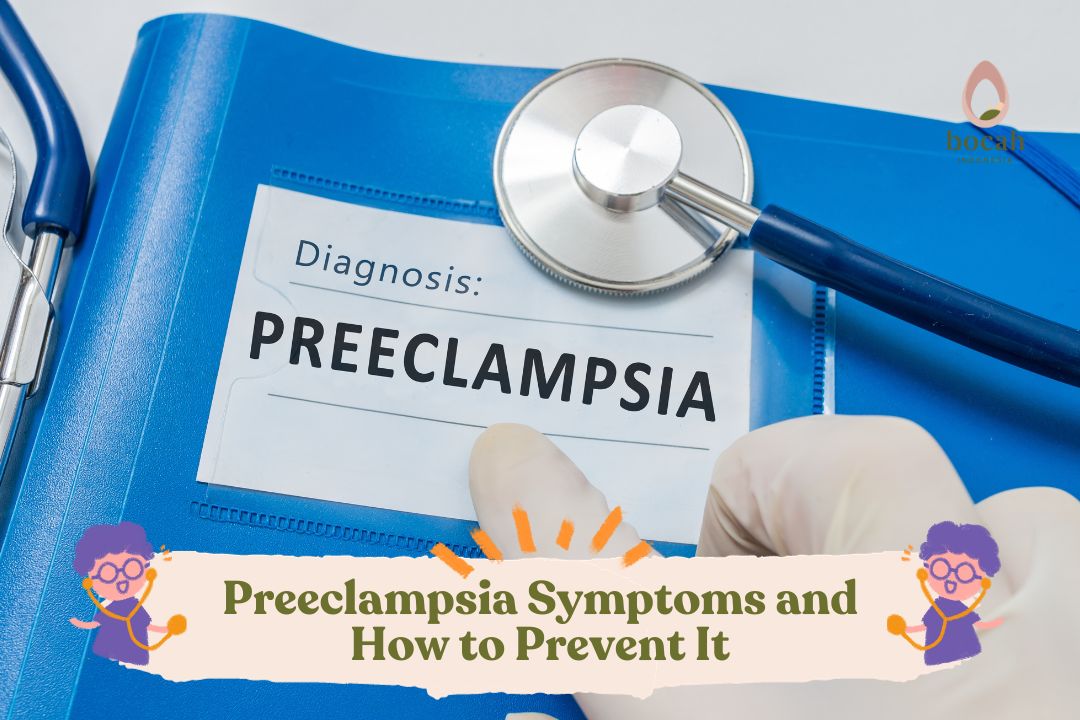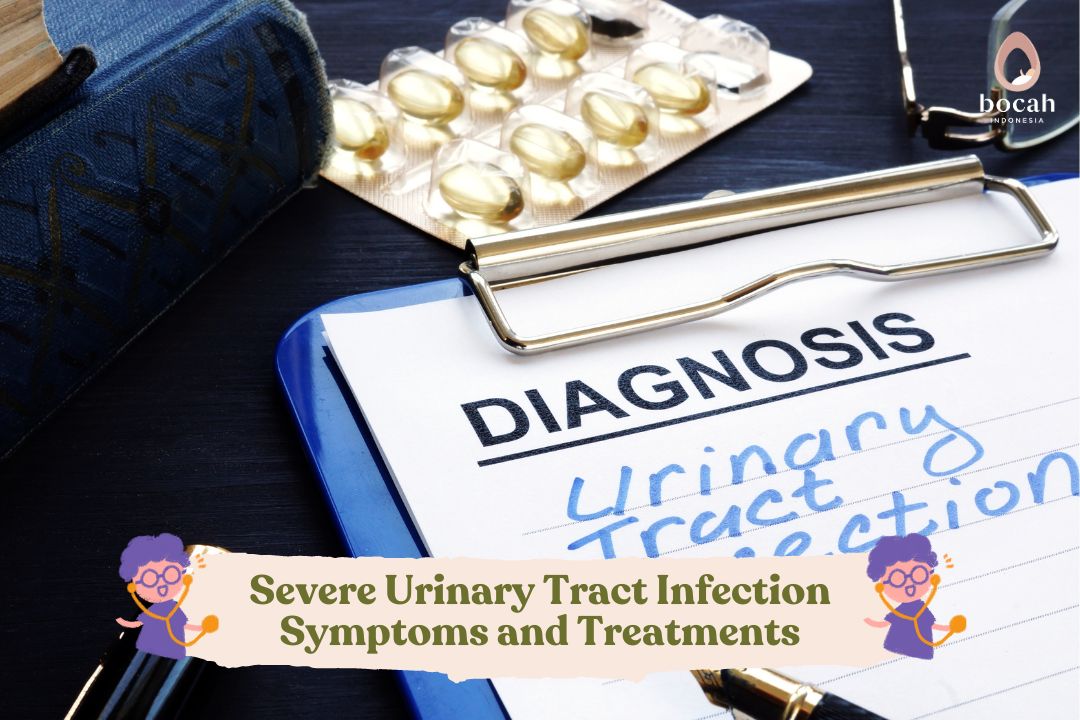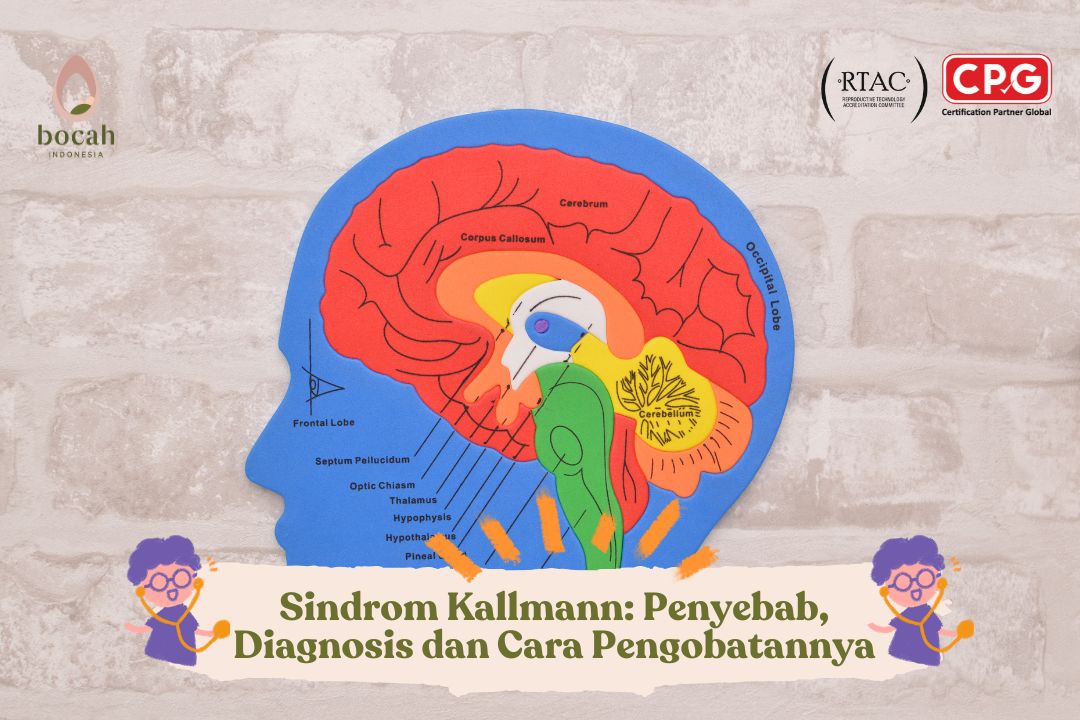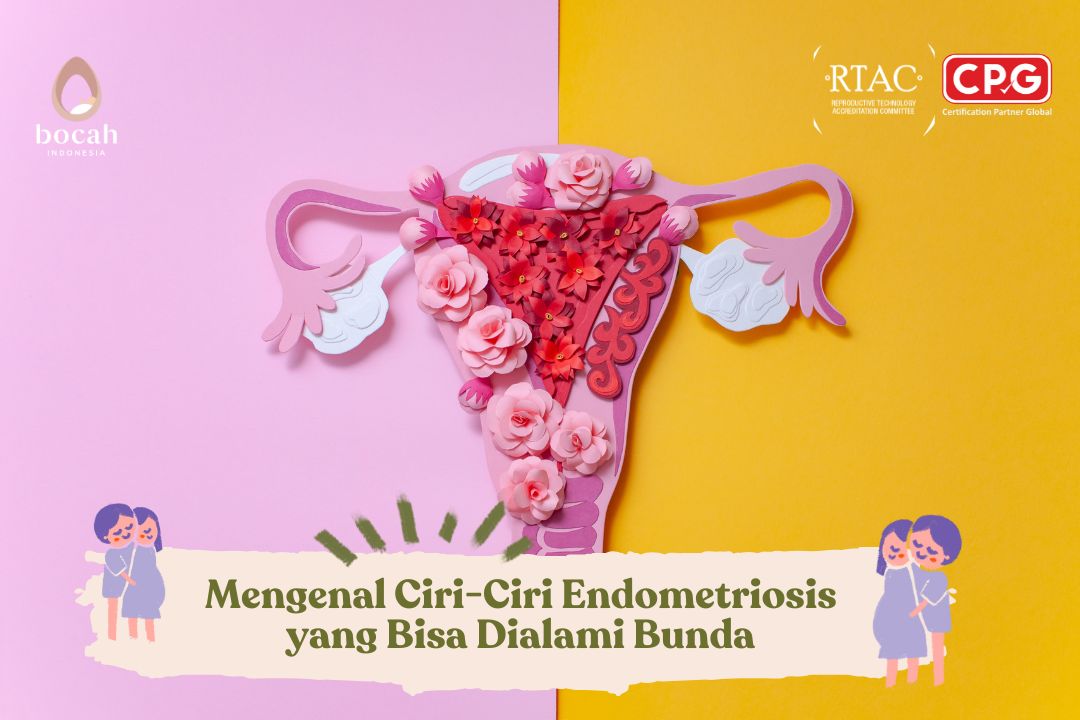What Symptoms Should Be Monitored After Insemination?
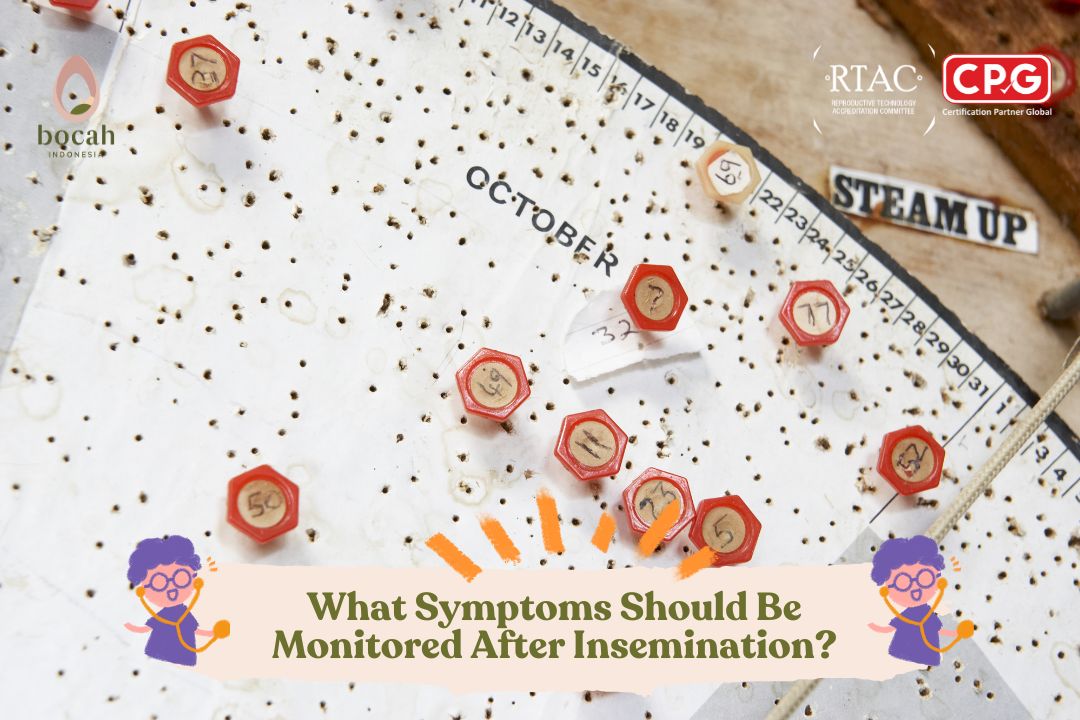
After undergoing a pregnancy program with the help of insemination, you should follow post-insemination care.
Once you have undergone insemination as part of a pregnancy program, it is crucial for you and your partner to understand the right care to improve the chances of success. Insemination is often chosen by couples who experience difficulty conceiving naturally, with the hope that this method will increase the likelihood of pregnancy.
Insemination involves injecting sperm directly into the uterine cavity, where the sperm will attempt to reach the egg. For couples choosing this method, post-insemination care is an essential step in supporting the success of the pregnancy program.
What Are the Symptoms and Conditions After Insemination?
After undergoing the insemination procedure at the hospital with your doctor, you will usually be allowed to go home and resume normal activities. Below are some of the symptoms that you might experience after embryo transfer:
1. Spotting or Bleeding
Light bleeding or spotting is often one of the early signs of pregnancy, indicating that the embryo has successfully attached to the uterine wall. You may notice spotting on your underwear or when wiping with tissue. This is also known as implantation bleeding.
However, it is important to know that light spotting or bleeding can also be caused by hormonal medications such as progesterone, which are commonly given during the embryo transfer process to support pregnancy.
Mulai Journey of Hope
2. Cramps
Mild cramping or discomfort in the lower abdomen may be a positive sign that the embryo transfer was successful. These cramps usually occur when the embryo attaches to the uterine wall.
However, cramps can also occur as a side effect of progesterone medications taken during the two-week wait after embryo transfer. The sensation is similar to menstrual cramps, so it’s essential to monitor the intensity and duration.
3. Breast Tenderness
Your breasts may feel sore, swollen, or sensitive—a common symptom experienced by many women as an early sign of pregnancy. This tenderness is caused by hormonal changes during pregnancy, particularly estrogen and progesterone. However, this symptom can also result from the use of hormonal medications like progesterone after embryo transfer.
4. Fatigue or Sleepiness
Feeling fatigued or drowsy is a common symptom during the early days of pregnancy. High levels of progesterone, whether naturally produced during pregnancy or from fertility medications, can make you feel more tired than usual.
This fatigue often coincides with the time when you would typically expect your period, making it confusing whether the fatigue is a sign of pregnancy or merely a medication side effect.
5. Nausea
Nausea, commonly known as morning sickness, typically starts in the second month of pregnancy. However, some women may feel nausea earlier, especially if their bodies are sensitive to hormonal changes.
If nausea occurs within two weeks after embryo transfer, it could be an early sign of pregnancy, though it might also be a side effect of medications used during the fertility process.
6. Bloating
Bloating is another common symptom caused by increased progesterone levels. Progesterone can slow down the digestive system, leading to a feeling of bloating. Bloating may occur before your period, during pregnancy, or as a side effect of fertility medications.
7. Changes in Vaginal Discharge
You might notice changes in the amount or type of vaginal discharge. Increased discharge that is white and lightly scented can be an early sign of pregnancy. However, if you are using progesterone in the form of suppositories, gels, or vaginal tablets, these changes might also be caused by the medication.
8. Frequent Urination
The need to urinate frequently is a common sign of early pregnancy. This is caused by increased pregnancy hormones like hCG and progesterone, which make the kidneys work harder to process the extra fluids produced by the body during pregnancy.
However, if frequent urination is accompanied by pain or a burning sensation, consult your doctor immediately as it could indicate a urinary tract infection.
9. Missed Period
A missed period is the most common sign of pregnancy. If your menstrual cycle is usually regular, the absence of menstruation after the expected date could be a strong indicator that the embryo transfer was successful.
10. No Symptoms
Not experiencing any symptoms does not mean the embryo transfer was unsuccessful. Every body is different, and many women who do not feel any symptoms still get positive pregnancy test results.
This shows that these symptoms are not definitive and cannot always predict the outcome of pregnancy. Remember, the only sure way to confirm a successful embryo transfer is through a positive pregnancy test.
After undergoing insemination, there are several care tips you can follow to increase the chances of success:
1. Get Enough Rest
After insemination, you might feel mild abdominal cramps or even slight bleeding for 1-2 days. Therefore, it is important to avoid strenuous activities and ensure you get enough rest.
However, this does not mean you need complete bed rest. You can continue your daily activities as usual, but avoid overexerting yourself.
2. Maintain Balanced Nutrition
There are no specific dietary restrictions after insemination. However, it is crucial to consume balanced and nutritious meals. Good nutrition supports your overall health and the success of your pregnancy program.
3. Consult Your Doctor
Before deciding to undergo an insemination program, it is important for you and your partner to consult with a doctor. This consultation will help determine if insemination is the right choice and ensure you receive optimal care.
To confirm the success of your pregnancy program, it is advisable to wait until you miss your period to take a pregnancy test for accurate results. Alternatively, wait at least 10 days after embryo transfer for more certainty.
Let’s share this information with all parents-to-be who are trying for a baby!
Source:
- Reindollar, R.H., et al. (2010). A randomized clinical trial to evaluate optimal treatment for unexplained infertility: the fast track and standard treatment (FASTT) trial. Fertil Steril. 2010 Aug;94(3):888-99. https://www.sciencedirect.com/science/article/abs/pii/S0015028209008668
- Nall, R. Healthline (2023). Everything You Need to Know About Artificial Insemination.
- Fasting While Trying to Conceive? Healthy Meal Ideas for the Entire Month - 04/03/2026
- 12 Foods to Help You Get Pregnant Faster - 03/03/2026
- 3 Juice Recipes for a Pregnancy Program - 26/02/2026


